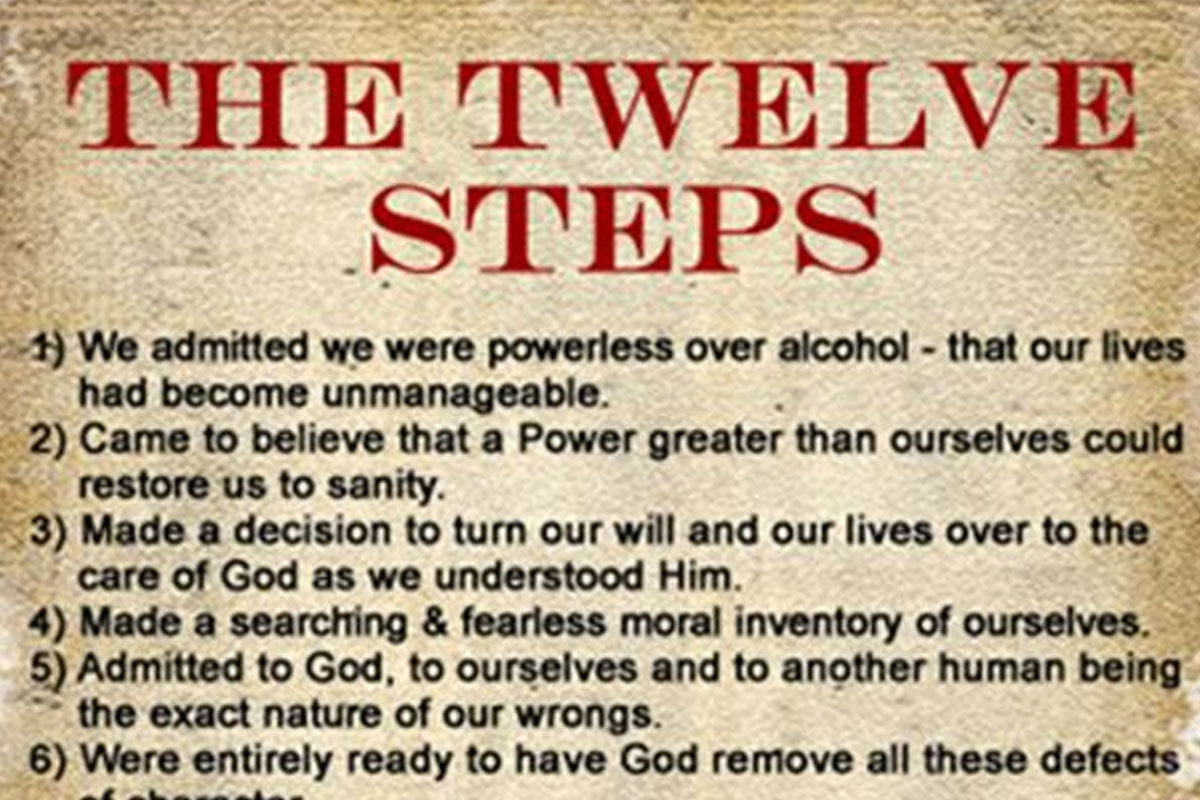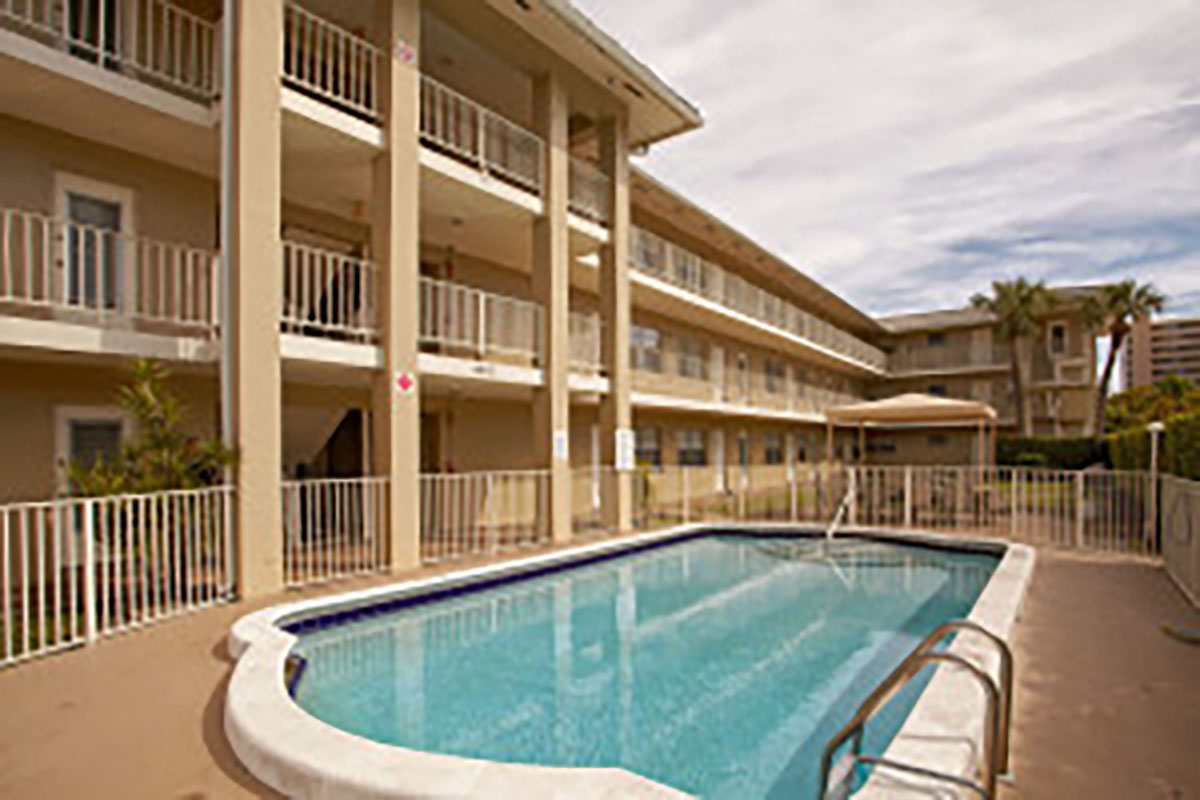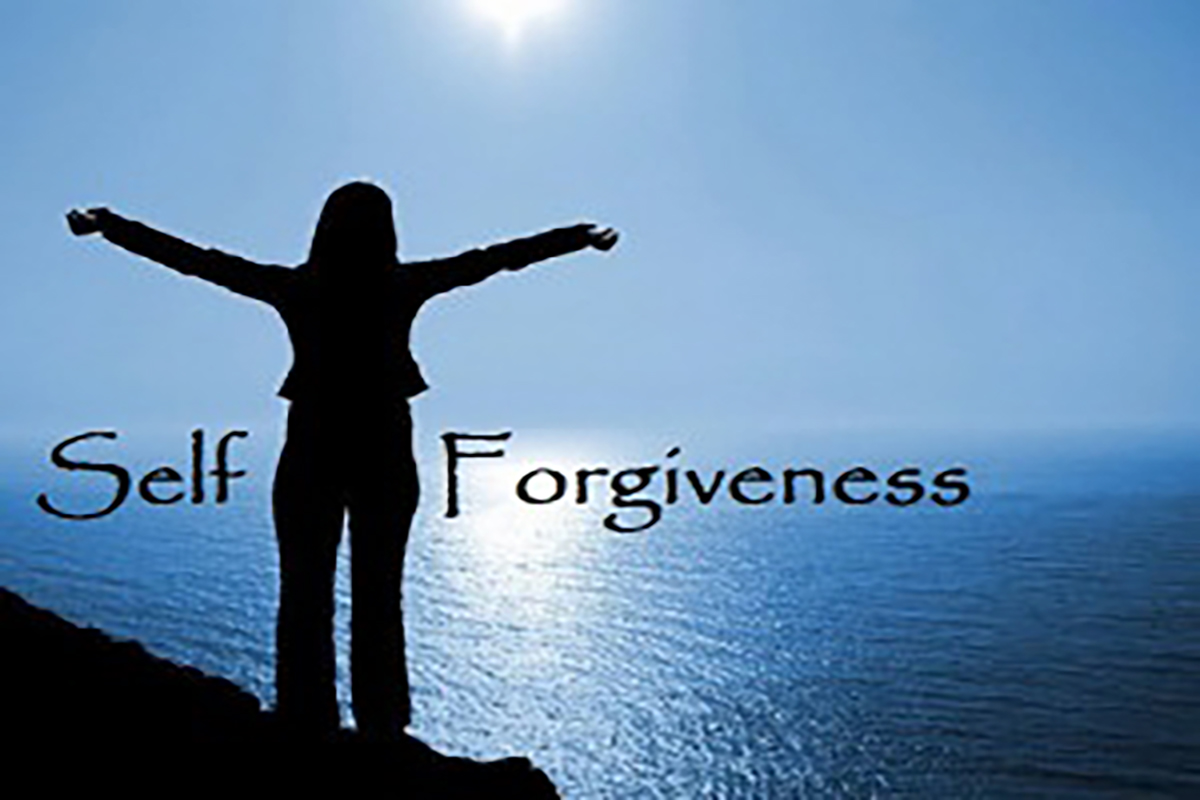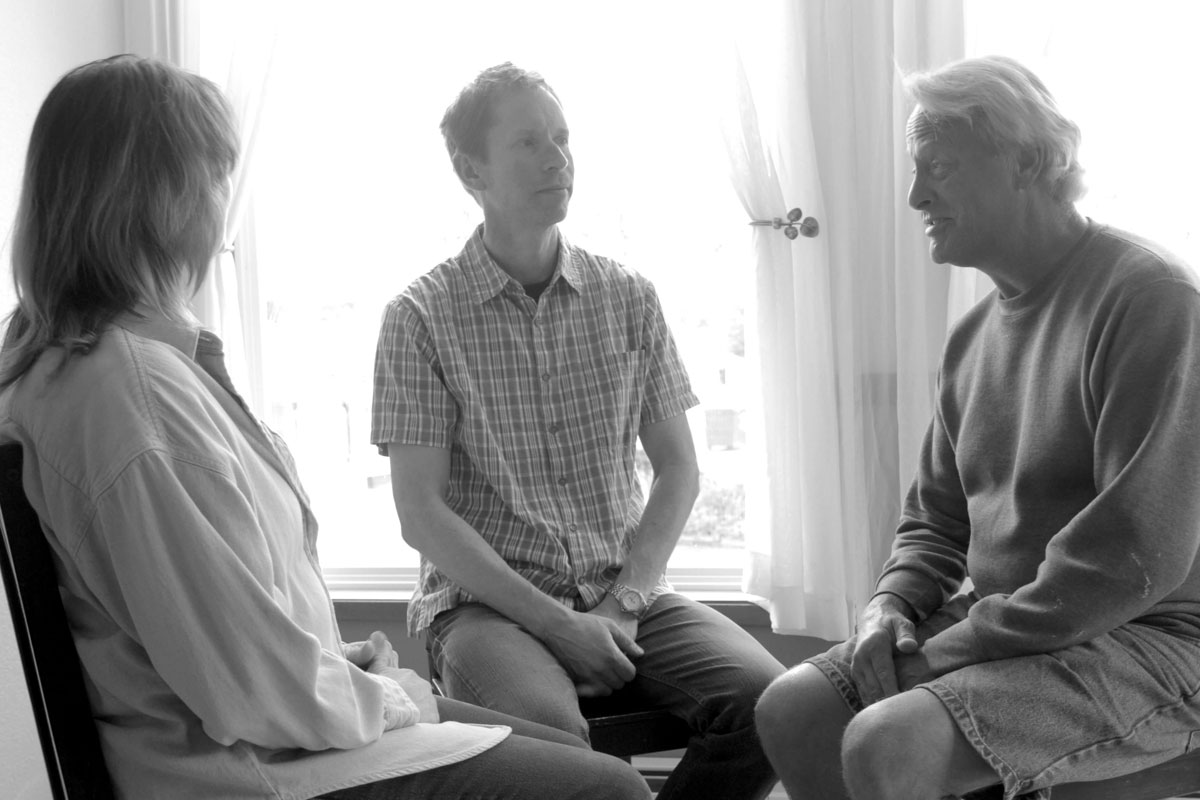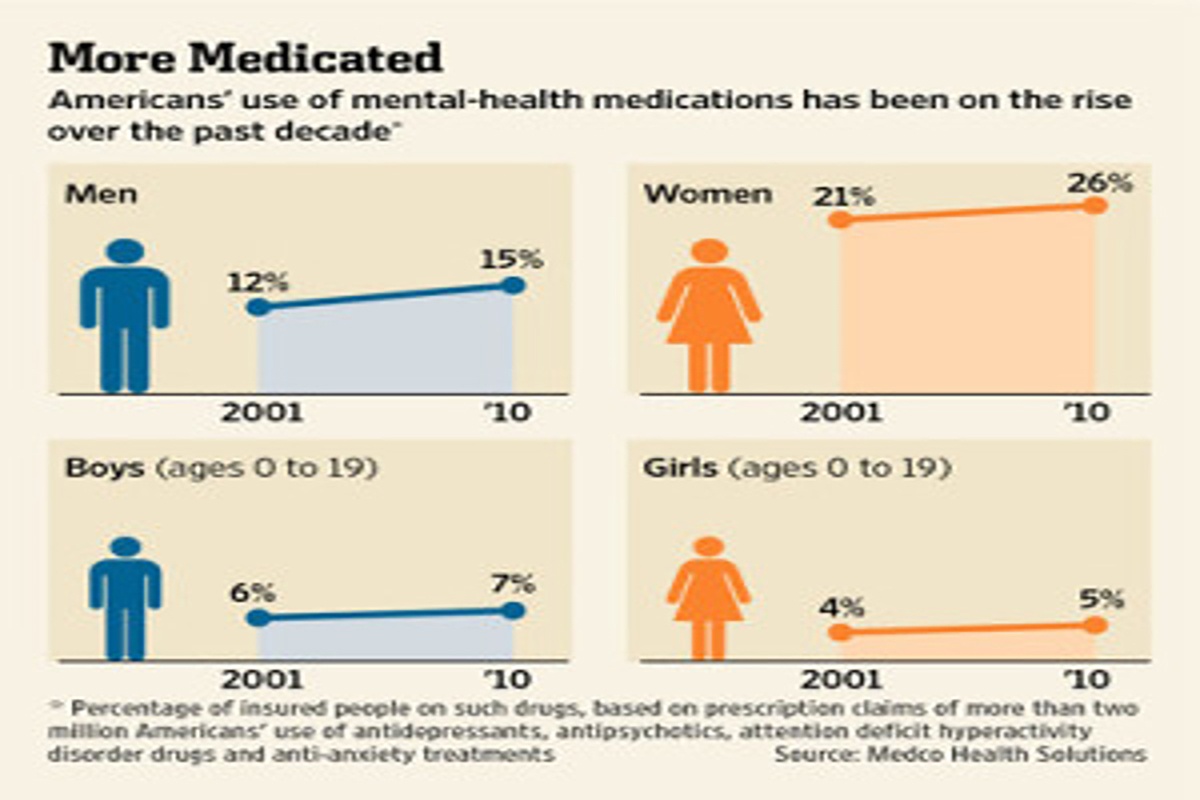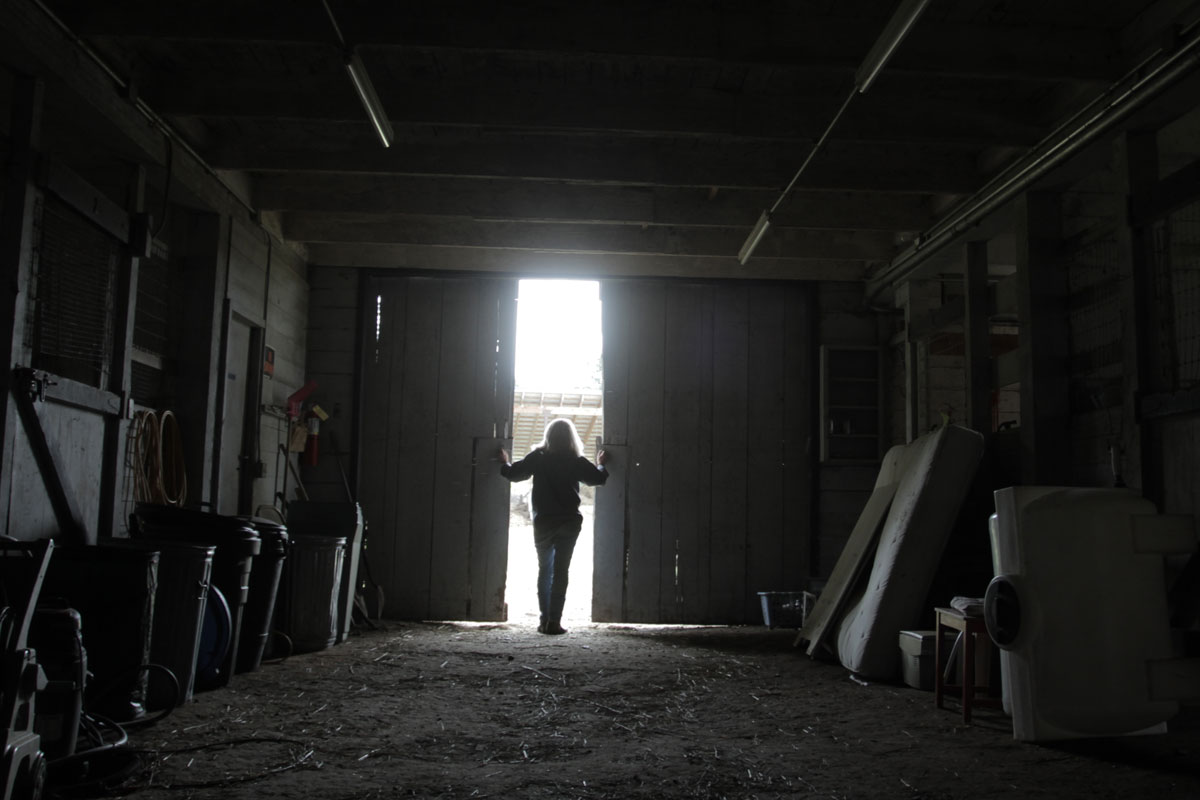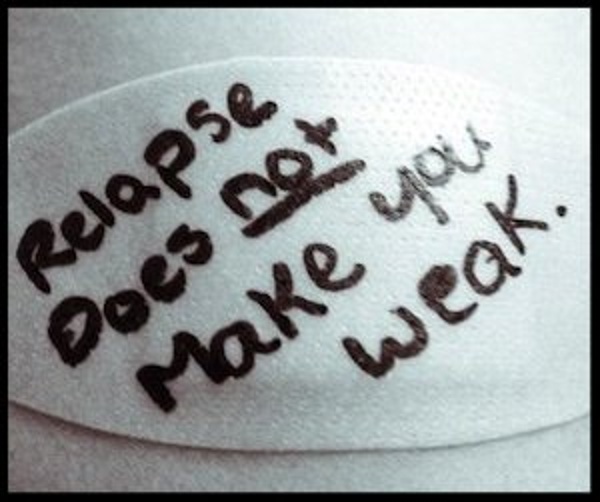Should I attend a 12 Steps program for substance abuse or alcohol abuse? Or a Non 12 Steps program (also known as 12 Step Alternative)? What is the difference? This is a common question, and one where we have some relevant and first-hand experience with both a 12 Steps program and a non 12 Steps program.
Which is best for you? If you’re considering an inpatient residential treatment program, it’s important to research this one defining question.
Subscribe by Email
Sign up for weekly updates

